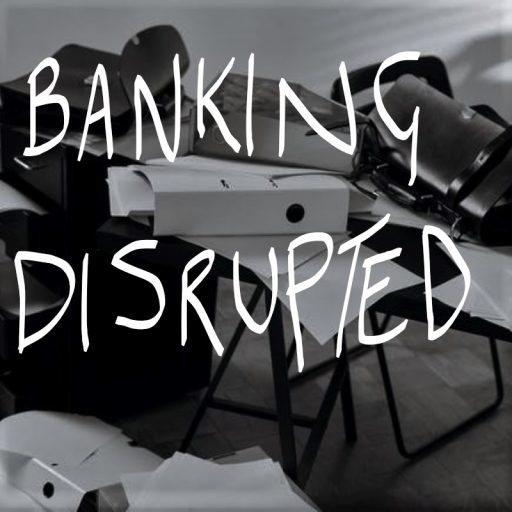This week we examine the four key areas of consideration when looking at how conducting work is changing. More so now than ever, there is a requirement for every organisation operating in a fast-paced environment to take care of its people, environment, processes and operating model. Excelling across these areas is vital for creating a sustainable, viable, future-proofed, and growth-aligned organisation.
There is no “New-Normal” to navigate in the workplace, but more of a need to create an integrated work-life way of working, allowing for a “Fusion” between personal time and work time. This approach caters to all goals – employee, sustainability, and corporate aspirations. To get started on the “Fusion” journey, four areas need to be developed and customised for your organisations. Again, there is no magic formula, so take the time to create the right approach for your employees and company.
Moving to Purpose Led in an Inclusive Way
More and more organisations are moving away from “static” 3 to 5-year business strategy plans to become more purpose-led. The new focus areas drive more innovation, creating more financial inclusion, reducing energy wastage, less paper, more digital, less business travel, and life-centric products. Being purpose-led needs to be authentic and consistent across all levels, from the CEO down to the last person through the door. Be clear about your “why” behind the purpose and “what” the goal for the company is going to be, including the core values that underpin the aspiration. Communication is key to being successful, let everyone know their role in this vision, and ensure that there are checks and balances in place to determine how well this vision is being executed. Being purpose-led dictates a different work focus, which plays across a much broader set of drivers outside of profitability. The pursuit of profit, at the same time as pursuing a better environment, has the impact of attracting talent, as well as giving employees compelling reasons to continue to contribute with passion.
Smart Talent Management
Irrespective of which sector we look at across the globe, acquiring and retaining talent in a business has become a top priority. As digital innovation (AI, Cloud, IoT, Big Data, Quantum) allows for business automation, cost reduction, or fresh new offerings, the team to execute the plan brilliantly is vital. Strategies must centre on growing internal capability and not always looking to the open market. More focus is expected to run better internal academies/universities to create next-gen learning techniques to equip current employees with next-gen skills sets. If you look externally for all your talent needs, this will hinder the career path for loyal employees who won’t see a way for progression, which can be dangerous.
Boundaryless Space & Working
As pandemic restrictions ease across the globe, consideration shifts to moving back to the physical office. Most organisations, particularly across the financial services sector, are considering how office space will be used going forward. Irrespective of the media hype, there is not an expectation that office space will become redundant, and everyone will work from home. What has become clear is that there is a need for all forms of working format, working comfortably from home, working in a physical office or working from a “third-place” or on the move. Each organisation needs to determine the best fit for their culture, setup and employee expectations. What has become very clear is that there is a need to improve the technology that supports all in the workplace, so a more strategic approach needs to evolve beyond BOYD to cater to working across channels, environments, and geographies. Taking an “App-Based” approach to managing time, booking travel, providing AI assistants, knowledge banks, training courses, booking leave, onboarding new employees, managing projects, social events, and communication, needs to be developed.
Broader Inclusion, Education and Less Vanity
The last year has highlighted a need to create better links between personal well-being, mental health and business performance. Any organisation looking to thrive over the long term needs to think more broadly about supporting employees across these support areas. Outside of training on technical skills, there is a requirement to move away from “Vanity” programmes that seem to position employee well-being but end up being more of a box-ticking exercise. Strategies that help to make employees feel better supported, and challenged through a constructive career path, need to include a healthy mix of skills training through flexible platforms, communities that support active coaching, accountability groups, broader education on well-being, support structures for stress and anxiety, and driving inclusion in the right way. All these lead to a healthier, more motivated workforce, which will result in better business performance over the long run.
These are not exhaustive approaches but are some of the core themes that need to be catered for any agenda looking at the future of work.




